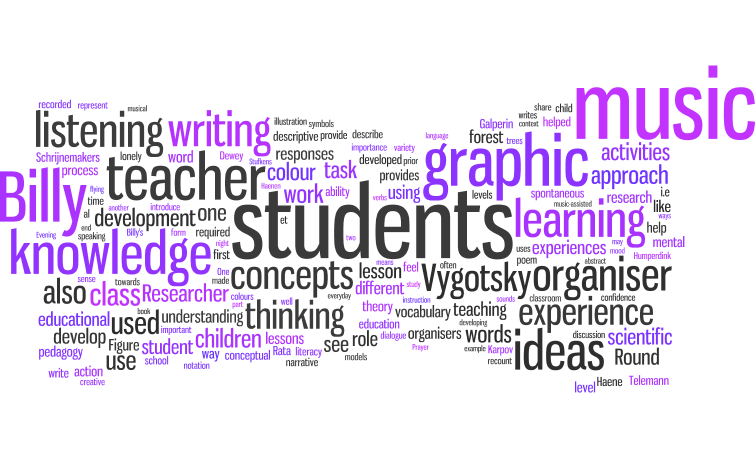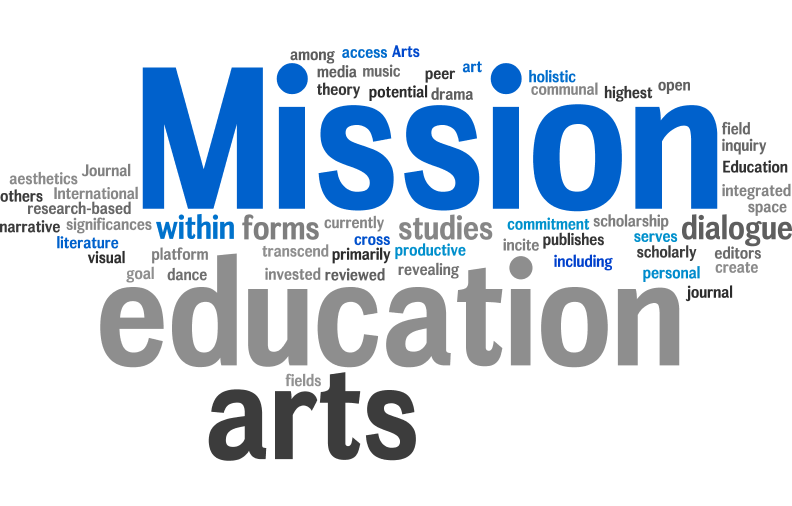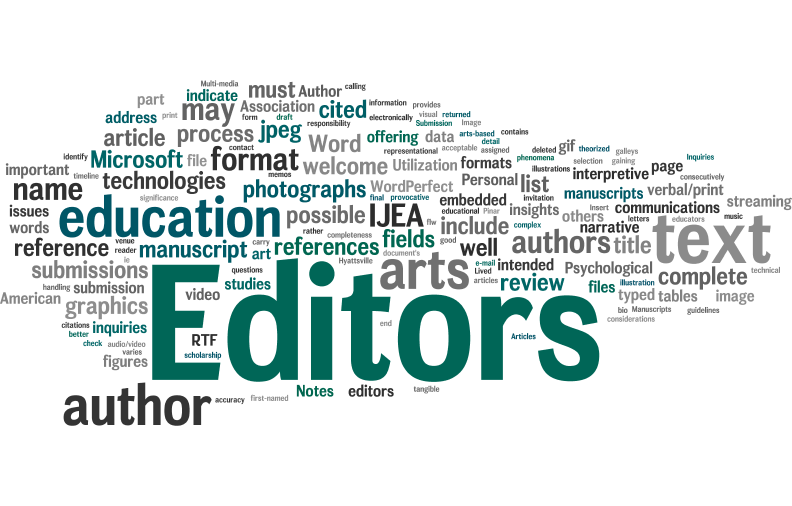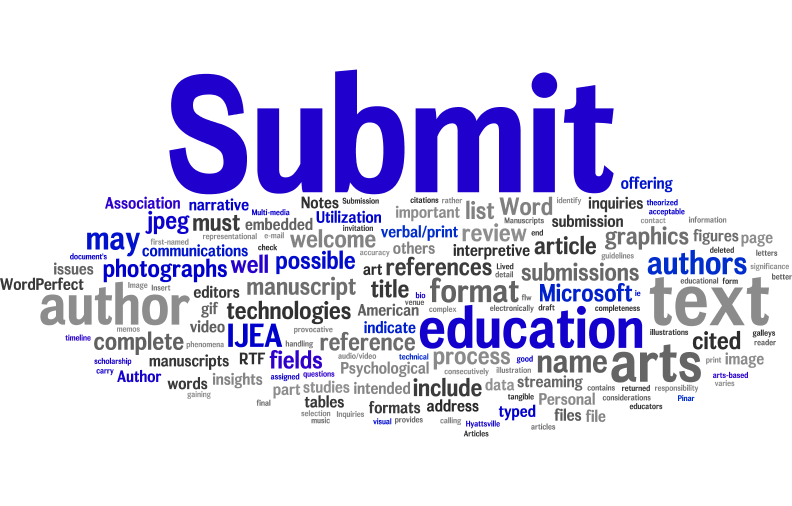| Volume 20 Number 5 | February 23, 2019 |
Using Music: From Spontaneous to Scientific Concepts in the Primary School Writing Classroom
Ruth Round
Auckland, New Zealand
Graham McPhail
University of Auckland, New Zealand
Citation: Round, R., McPhail, G. (2019). Using music: From spontaneous to scientific concepts in the primary school writing classroom. International Journal of Education & the Arts, 20(5). Retrieved from http://doi.org/10.18113/P8ijea20n5Abstract
Recent developments in the sociology of education highlight the importance of the school as a site for the transformation of students’ everyday knowledge into a more ordered and systemised form that provides the means for the development of creative conceptual higher order thinking. However, in recent times there has been a shift towards a dedifferentiation between knowledge and experience in education as well as a shift in the conceptualisation of the role of the teacher from expert pedagogue to facilitator.. In this paper we report on the work of one of the authors whose approach to music teaching in the primary school may be seen to exemplify Vygotsky’s ideas about the purpose of education and the role of the teacher. In the former, the purpose of education is to provide the context for the exposure to a form of mediated learning. In the later, the teacher takes on the expert role of mediator in assisting students in making developmental connections between spontaneous concepts and scientific concepts. Interestingly while achieving this within a literacy context, Round (the teacher in this study) also found students’ musical knowledge was developed and enhanced.
Visual Abstract
This article is available in PDF format.





